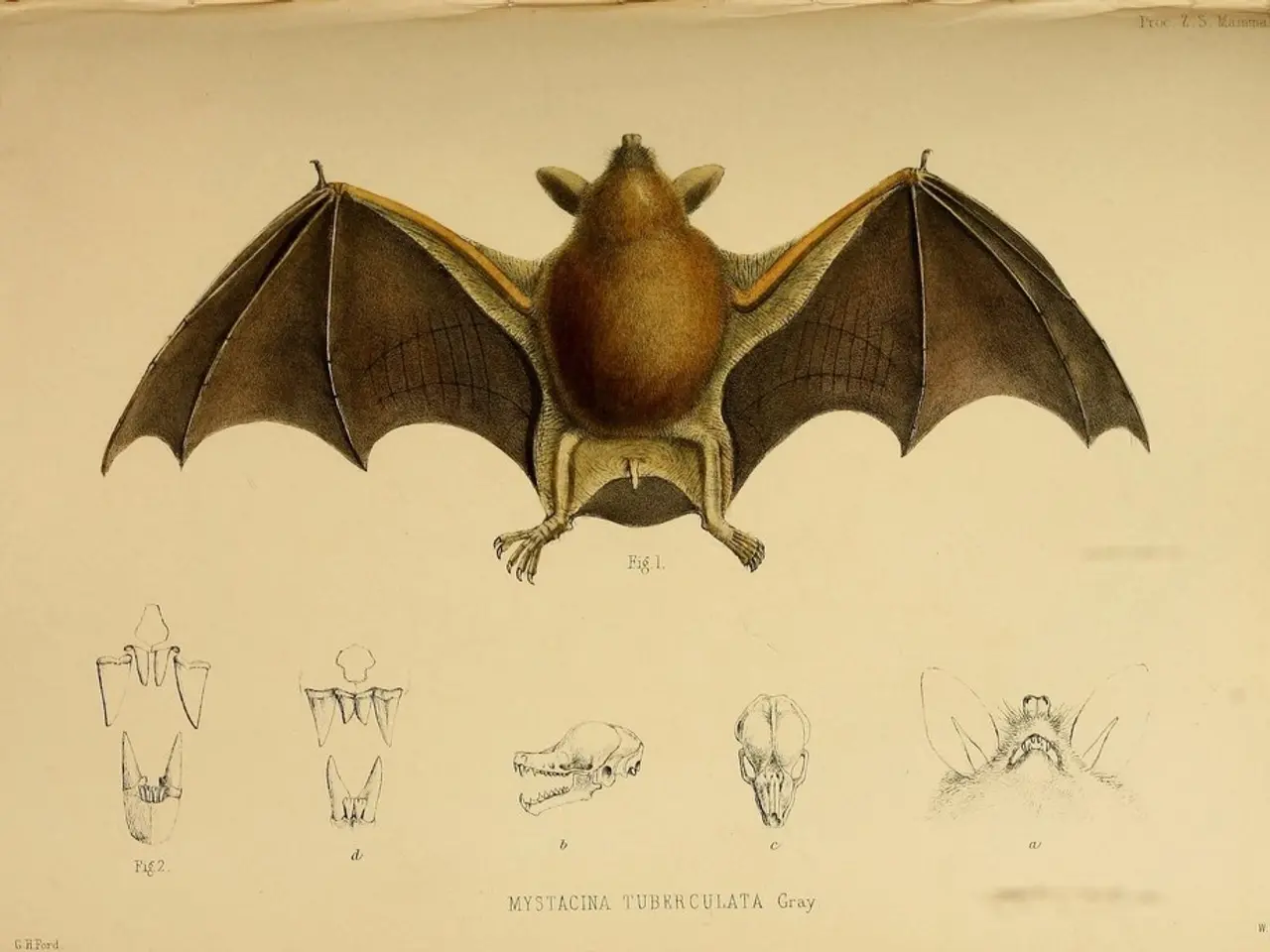Aluminum-Ion Batteries Show Promise: 1,500 km Range, Longevity, Cold Resistance
Aluminum-ion batteries, a promising alternative to traditional lithium-ion ones, have shown remarkable results in recent research. These batteries, developed by a European consortium, could potentially offer a range of 1,500 km, exceptional longevity, and cold resistance at a competitive cost.
The ALBATROS project, involving institutions like Fraunhofer IISB and IoLiTec GmbH, has reported that aluminum-ion batteries can retain around 88% of their capacity after 5,000 charge-discharge cycles. Tests with solid electrolytes have shown even less degradation, with less than 1% capacity loss after 10,000 cycles.
These batteries use a thin aluminum foil anode, organic chloride salt or ionic liquid electrolyte, and various materials like carbon/graphite, metal oxides, or graphene for the cathode. While they have a high theoretical volumetric capacity, practical cell voltages and densities reduce this advantage.
Rumors suggest that aluminum-ion batteries could offer a range of 1,500 km and 15,000 charge cycles, with cold resistance and a cost under $45 (around 38 euros) per kWh. However, these claims are not officially confirmed, and practical tests are still needed to validate these figures.
Despite the potential, aluminum-ion batteries face challenges. The strong solvation of Al3+ ions can slow down diffusion into electrodes, reducing performance. Quick charging capability, capacity, and cycle life under realistic conditions are still under scrutiny.
Aluminum-ion batteries, with their potential for longevity and safety, are a promising development in energy storage. While recent research shows encouraging results, more practical tests and official confirmations are needed to validate the rumored figures and ensure their readiness for commercial use.








